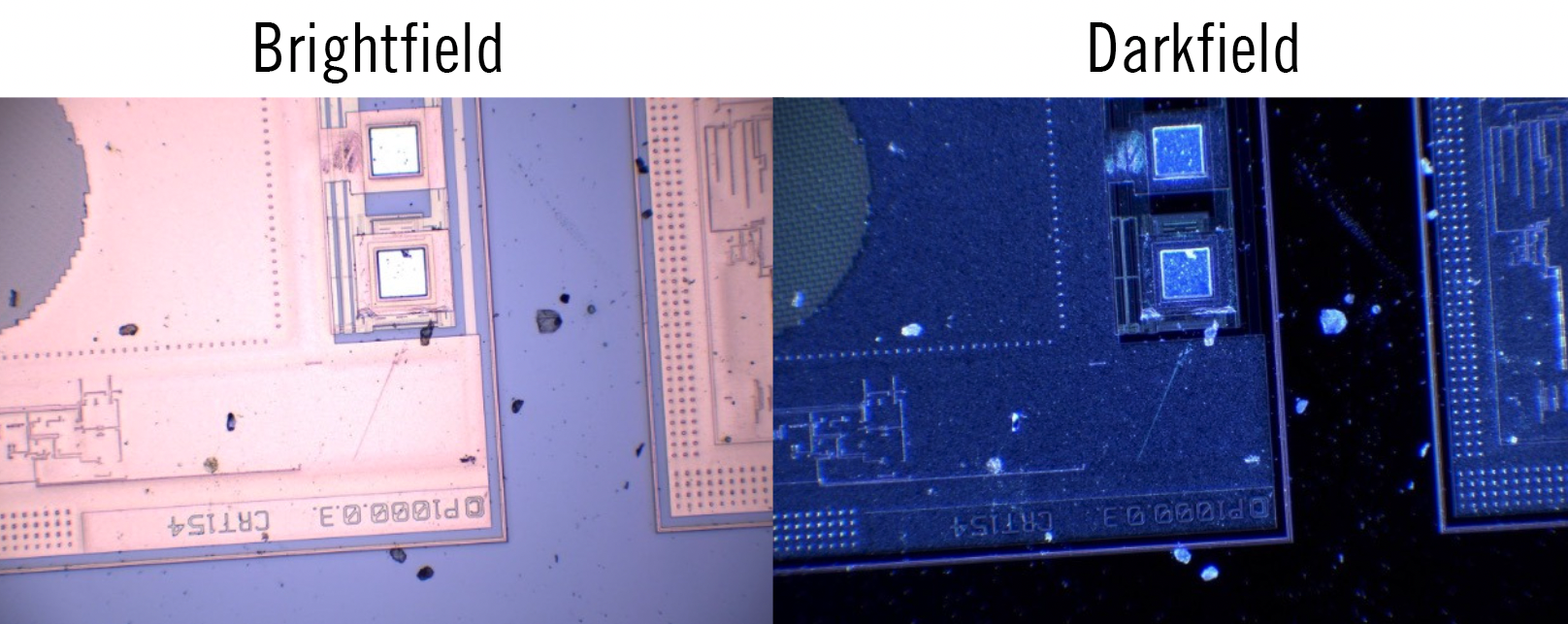Microscope Lighting Techniques play a crucial role in enhancing the visibility of sample features and defects. Among these techniques, darkfield microscopy and brightfield microscopy are widely employed.
Darkfield microscopy, also known as darkfield illumination, involves directing light at a sharp angle to expose surface defects. This method is invaluable for highlighting imperfections such as scratches and dust particles. In contrast, brightfield microscopy, the default lighting method in microscopes, uniformly illuminates the entire sample, making it suitable for general observation.

Motic Scientific offers advanced darkfield microscopes with segmentable darkfield capabilities, such as the Panthera TEC, enhancing the visibility of sample features that may go unnoticed under other lighting conditions. Similarly, their brightfield microscopes like the PA53 MET feature automatic light intensity settings tailored for different magnifications, ensuring optimal illumination for various samples.
These microscopical techniques are indispensable in industries like semiconductor manufacturing and additive manufacturing, where the detection of defects is critical for product quality. For instance, in patterned semiconductors, defects such as pits and localized stress can lead to circuit malfunction if not detected early. Darkfield microscopy proves superior in revealing these defects compared to brightfield microscopy.
Understanding the working of microscope lighting is essential for obtaining accurate and detailed images of samples. Whether it's adjusting the microscope light intensity or selecting the appropriate lighting technique, Motic Scientific provides cutting-edge solutions to meet diverse imaging needs.
In our upcoming series, we will explore additional microscopy techniques such as Polarization and DIC Contrast Methods, further expanding your options for sample analysis and imaging.
If you're interested in leveraging these advanced microscopy techniques for your samples, don't hesitate to schedule an Imaging Appointment with us.
Copyright: Motic Scientific
